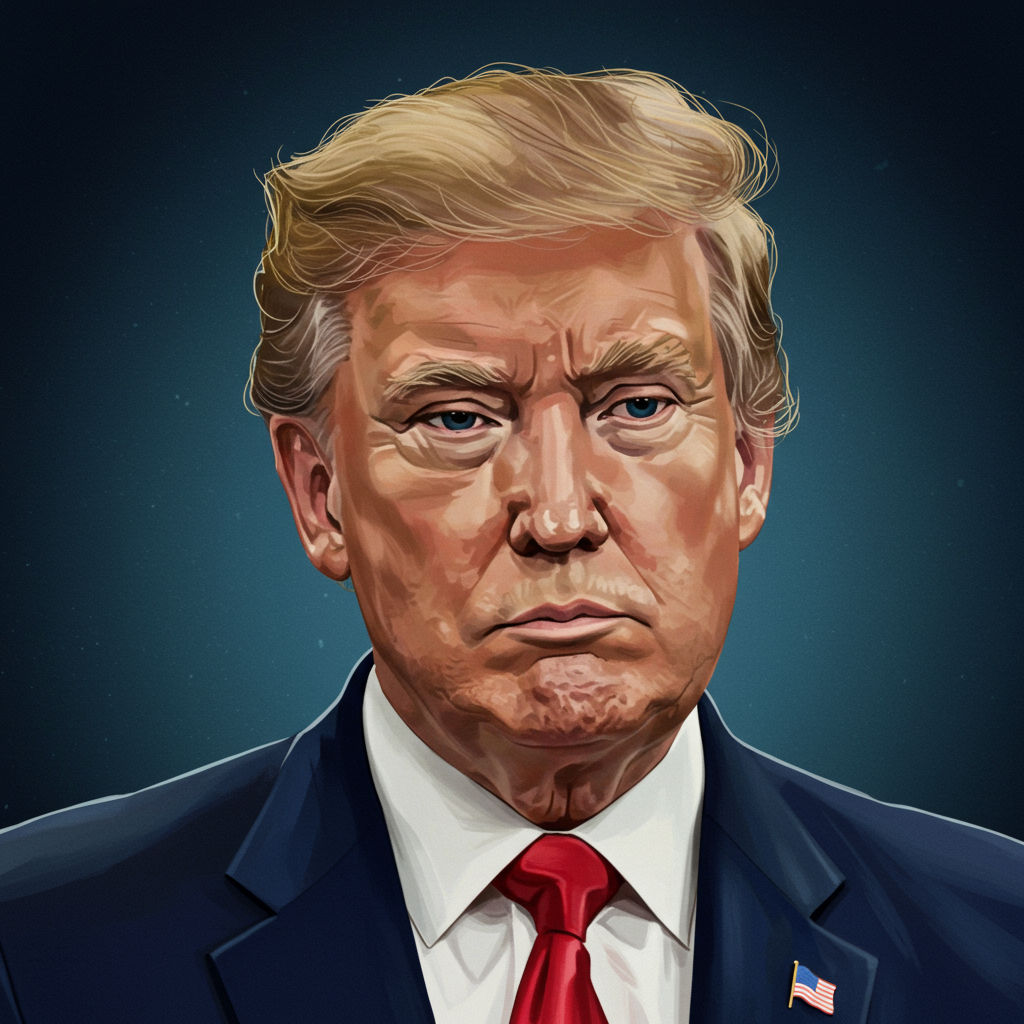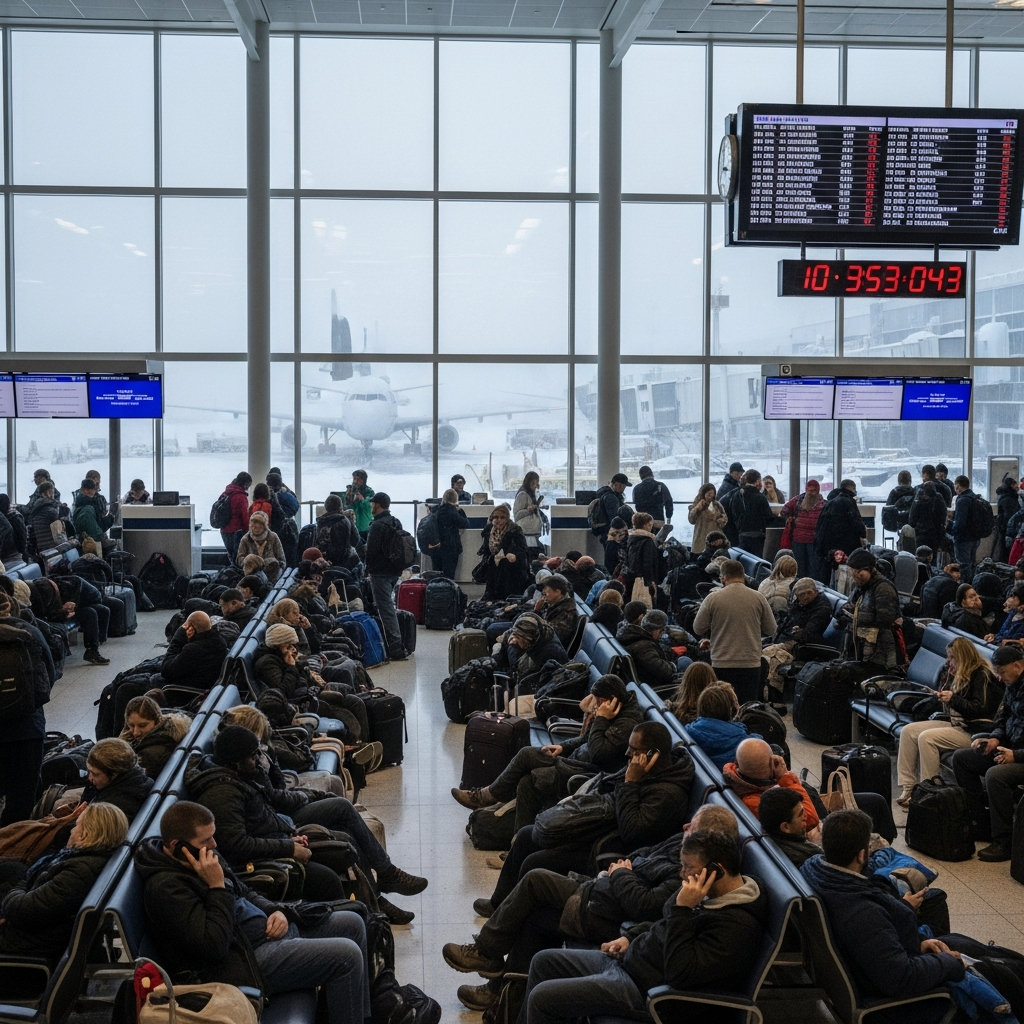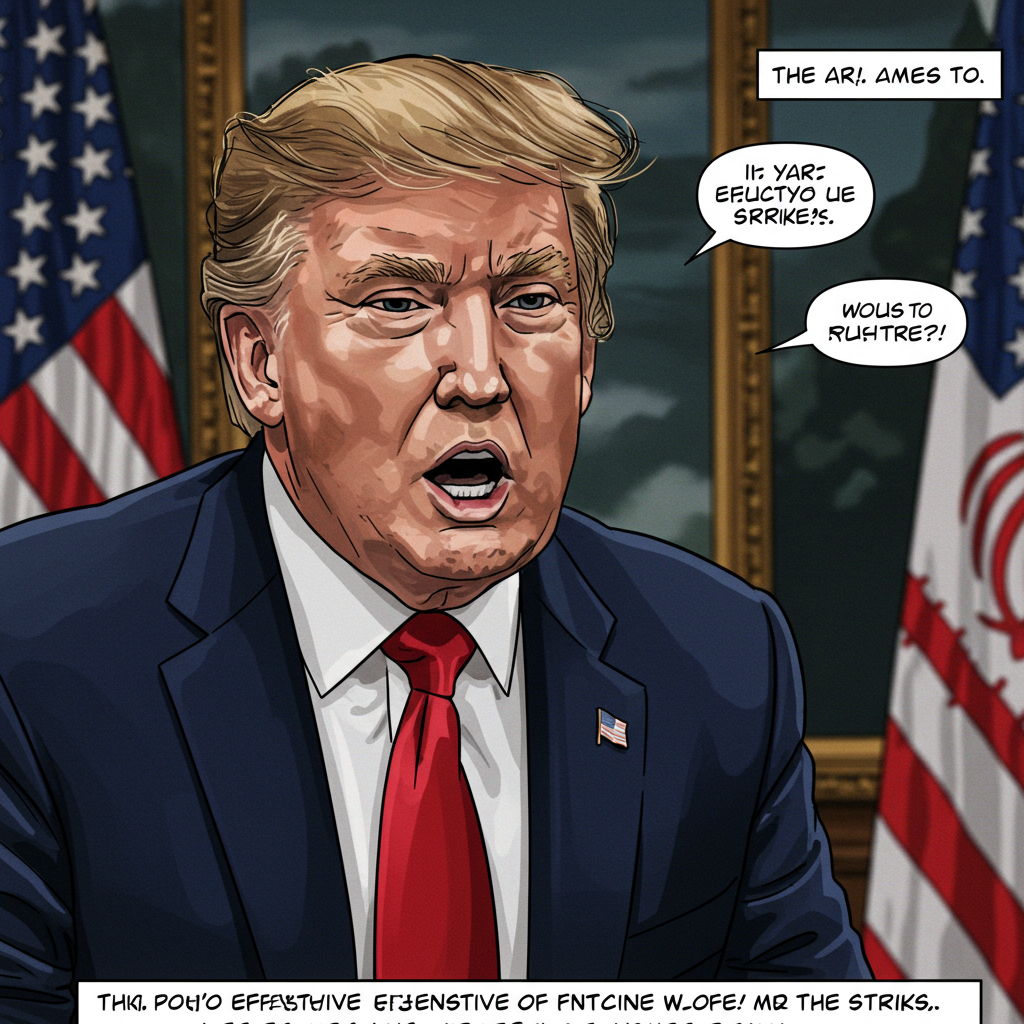The path to peace in Ukraine remains fraught with complex challenges, as the Kremlin expresses significant skepticism regarding President Donald Trump’s diplomatic overtures. Recent comments from Russian Foreign Minister Sergey Lavrov highlight the deep, unresolved fissures between Moscow and Kyiv, casting a long shadow over any immediate prospects for a swift resolution. Despite intense international pressure and high-level meetings, the fundamental disagreements persist, leaving the conflict in a precarious stalemate. This detailed analysis explores Russia’s firm position, the significant obstacles to a lasting ceasefire, and the nuanced reactions from Washington as peace efforts continue to unfold.
The Kremlin’s Unyielding Skepticism on Ukraine Peace
In an exclusive interview with NBC News’ “Meet the Press” moderator Kristen Welker, Russian Foreign Minister Sergey Lavrov articulated Moscow’s profound doubts about President Trump’s capacity to broker an immediate end to the conflict. Lavrov’s remarks underscored a significant chasm between Russian and Ukrainian positions, suggesting that despite various diplomatic initiatives, both sides remain far from consensus. He explicitly stated that no meeting between Russian President Vladimir Putin and Ukrainian President Volodymyr Zelenskyy is currently planned. Such a high-level summit, Lavrov explained, would only be considered if it promised to be genuinely decisive, rather than merely offering Zelenskyy another public platform. This firm stance signals Russia’s demand for substantive outcomes over symbolic gestures.
Lavrov’s Accusations Against Kyiv and European Leaders
Foreign Minister Lavrov laid blame squarely on Ukraine and its European allies for impeding the peace process. He asserted that European leaders are not genuinely seeking peace, but are instead fixated on preventing Russia from “winning” the conflict. This narrative frames the ongoing hostilities as a zero-sum game, with a focus on victory and defeat rather than mutual de-escalation. Such rhetoric deeply complicates any potential for compromise, as it portrays one side’s gain as an existential threat to the other.
Deep-Seated Divisions: Territorial and Security Disputes
The core issues preventing a resolution are fundamentally about territory and security. Russia demands that Ukraine relinquish control over the Crimean Peninsula, which Moscow annexed in 2014, and its eastern Donbas region, now largely occupied by Russian forces. Furthermore, Russia insists that Ukraine abandon its aspirations to join NATO, the U.S.-led military alliance that Moscow views as a direct security threat. Lavrov claimed that President Zelenskyy has rejected all of Russia’s proposals, further entrenching the deadlock.
Ukraine, having recently celebrated its independence day, remains under immense pressure. Its stance is clear: territorial integrity and sovereignty are non-negotiable. The refusal to cede land or abandon its path toward Euro-Atlantic integration highlights the monumental task of finding common ground.
The Legitimacy Question: A Critical Hurdle
Adding another layer of complexity, Lavrov raised questions regarding President Zelenskyy’s legitimacy as a negotiating partner. Citing the postponement of Ukrainian elections last year due to martial law, Lavrov suggested that Zelenskyy might not be constitutionally empowered to sign future peace agreements. This challenge to Zelenskyy’s authority is a significant diplomatic maneuver, potentially aimed at undermining Ukraine’s negotiating position and further delaying any concrete progress.
Civilian Impact and Conflicting Narratives
Amidst the diplomatic back-and-forth, the human cost of the conflict continues to mount. U.N. experts report nearly 50,000 civilian casualties, with July marking a three-year monthly high. Russian strikes have reportedly targeted civilian infrastructure, including maternity wards, churches, schools, and hospitals. A recent deadly strike on a kindergarten in the western city of Lviv further highlighted the devastating impact on non-combatants.
When confronted by Welker about these reports, Lavrov vehemently denied that Russia intentionally targets civilian sites. He maintained that Russian forces only strike military-linked locations, accusing Ukraine of “purposely” hitting civilian settlements. This stark divergence in narratives underscores the propaganda war waged alongside the physical conflict, making objective assessment and accountability incredibly challenging for the international community. The incident involving a U.S.-owned factory in western Ukraine, which its Texas-based owner Flex Ltd. stated produces only civilian consumer goods, also featured in the interview, with Lavrov implying the factory might not be solely civilian despite company assurances.
Trump’s Diplomatic Gambit and Russia’s Perspective
President Trump has engaged in separate high-level meetings with President Putin, President Zelenskyy, and various European leaders, signaling his intent to mediate a peace deal. However, these diplomatic efforts have coincided with a notable increase in Russian attacks on Ukraine, which have reportedly doubled since Trump took office in January. This raises critical questions about the effectiveness and impact of his approach.
When asked why Putin’s actions seemed to undermine Trump’s peace push, Lavrov offered an explanation centered on national interests. He stated that Putin respects Trump’s focus on U.S. national interests, mirroring Putin’s own dedication to safeguarding Russia’s national interests. Lavrov maintained that both leaders desire peace in Ukraine, despite the escalating military actions. Following his meeting with Trump in Alaska, Putin himself expressed a cautious optimism, suggesting that “a light at the end of the tunnel has nonetheless appeared” for potentially restoring U.S.-Russia relations.
Washington’s Waning Optimism and Future Outlook
Despite the high-stakes diplomacy, optimism in Washington appears to be waning. Vice President JD Vance acknowledged that Russia had made “significant concessions” to Trump, including recognizing Ukraine’s “territorial integrity” post-conflict and abandoning plans for a puppet regime in Kyiv. However, Vance tempered these remarks by admitting the negotiations involved “hills and valleys,” hinting at a long and arduous process. He concluded that success was possible, but a “brick wall” remained a distinct possibility.
President Trump also tempered his own expectations, indicating he would assess the situation within “the next two weeks.” He hinted at various potential outcomes, ranging from “massive sanctions or massive tariffs, or both,” to the possibility of “do nothing and say, ‘It’s your fight.'” These comments highlight the volatile nature of the negotiations and the immense pressure on all parties to find a workable, albeit challenging, resolution. The prospect of further sanctions or even a withdrawal of U.S. engagement hangs heavy over the peace discussions.
Frequently Asked Questions
What are the primary reasons the Kremlin doubts Trump’s Ukraine peace efforts?
The Kremlin’s skepticism primarily stems from the vast, unresolved differences between Russia and Ukraine on core issues like territorial control and security guarantees. Russian Foreign Minister Lavrov stated that a meeting between Putin and Zelenskyy would only happen if it were genuinely decisive, not just a public appearance. Russia also accuses Ukraine and European leaders of hindering peace, focusing on a “win-lose” scenario rather than diplomatic compromise.
What are the key territorial disputes hindering a Russia-Ukraine peace agreement?
The most significant territorial disputes include Russia’s demand for Ukraine to recognize its annexation of Crimea and to cede control over the eastern Donbas region, which is largely occupied by Russian forces. Additionally, Russia insists that Ukraine abandon its aspiration to join NATO, while Ukraine views its territorial integrity and sovereign right to choose alliances as non-negotiable.
What is the significance of the Kremlin questioning President Zelenskyy’s legitimacy in peace talks?
The Kremlin’s questioning of President Zelenskyy’s legitimacy, citing the postponement of Ukrainian elections under martial law, is a critical diplomatic tactic. It aims to undermine Ukraine’s negotiating authority and potentially delay any substantive peace agreement. If Moscow refuses to recognize Zelenskyy as a legitimate signatory, it creates a significant barrier to formalizing any peace deal, further complicating an already complex diplomatic landscape.
Conclusion: A Difficult Road Ahead
The ongoing dialogue surrounding Ukraine’s future remains deeply fractured, characterized by strong accusations, steadfast denials, and fundamental disagreements. Despite President Trump’s attempts to mediate, the Kremlin’s skepticism and the deeply entrenched positions of both Russia and Ukraine suggest that a swift and decisive peace remains elusive. The questioning of President Zelenskyy’s legitimacy, coupled with the tragic human cost of the conflict, adds layers of complexity to an already challenging geopolitical puzzle. As diplomatic efforts continue amidst escalating hostilities, the prospect of a resolution appears to be a long and arduous journey, with few signs of immediate breakthrough.



